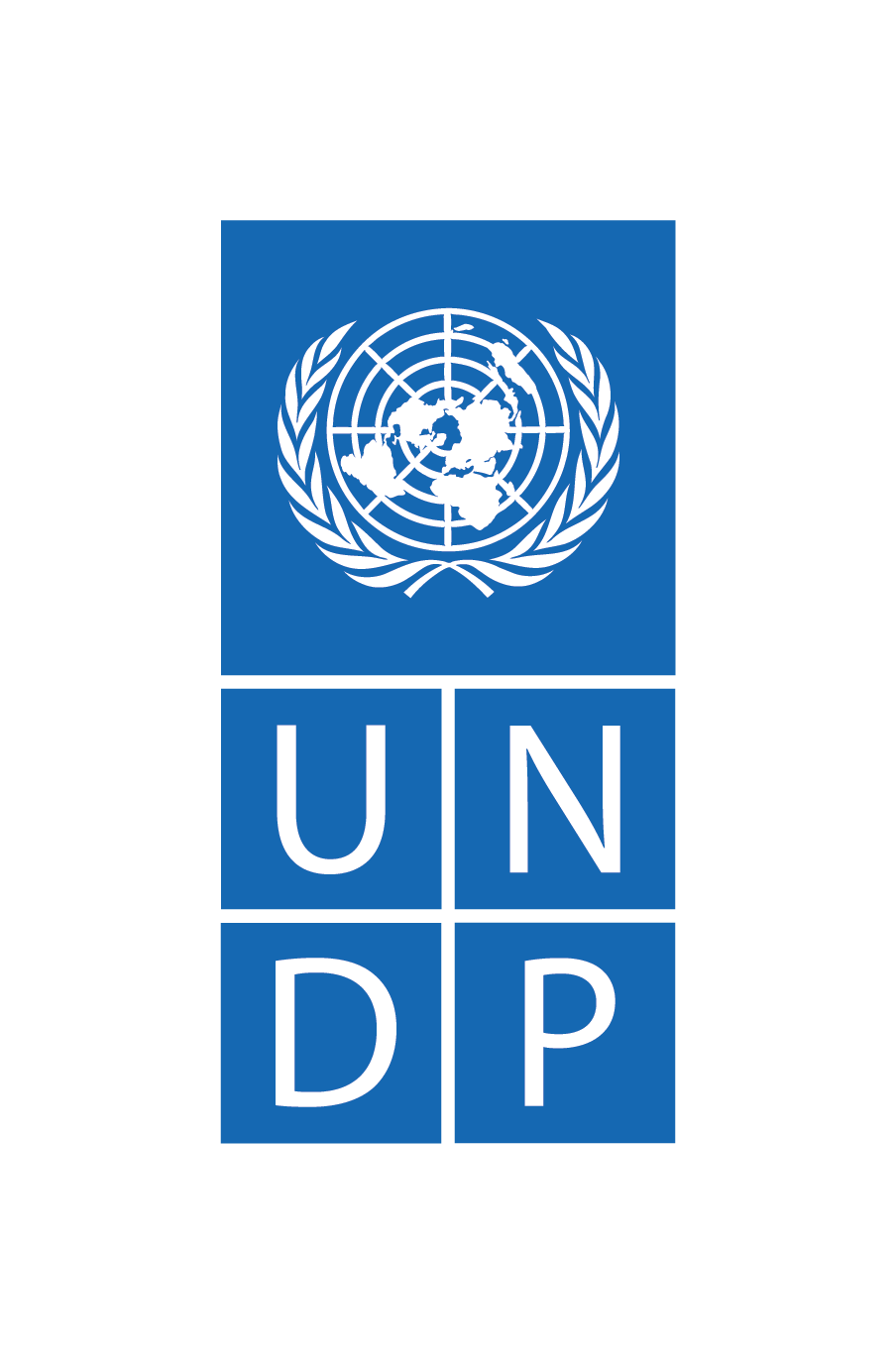Procurement
Purpose
An effective procurement process seeks to ensure the availability of the right health products in the right quantities, at the most affordable prices while ensuring recognized standards of quality.
Strategic objectives for good pharmaceutical procurement include:
- selection of reliable suppliers of high-quality products
- procurement of the most cost-effective pharmaceutical products in the right quantities and that meet quality standards
- mitigation of possible risks
- timely delivery
- achievement of the lowest possible total cost (which includes the price, cost of analysis and transport).
Source: World Health Organization (2014) Model Quality Assurance System for Procurement Agencies (MQAS)
To be effective, a procurement agency should ensure that the following principles are applied:
- Prequalified products are purchased from approved manufacturers or suppliers.
Procurement and purchasing procedures are transparent. - Activities follow formal written procedures throughout the process, including explicit criteria for awarding contracts.
Procurement includes an independent contract review. - Purchasing is based on the defined procurement policy of the procurement agency.
- Purchasing and tender documents list all pharmaceutical products by their international non-proprietary name or national generic name.
- Suppliers are selected and monitored through a process that takes into account product quality, service reliability and performance, delivery time, ethics, legal status, financial viability and minimum order quantities.
- Intellectual property rights are respected in accordance with best practice and national law.
Source: World Health Organization (2014) Model Quality Assurance System for Procurement Agencies (MQAS)
UNDP’s approach
Support to countries for health procurement can be provided by UNDP for several categories of medicines for infectious diseases such as HIV, tuberculosis (first-line drugs) and for non-communicable diseases, such as cancer and cardiovascular diseases, and other related medicines. All the procurement of pharmaceuticals and other health products is performed in full compliance with the UNDP Quality Assurance Policy for Health Products. Furthermore, UNDP’s offer can include procurement for a broad range of laboratory and hospital equipment as well as solar panels and related equipment. In 2020, UNDP supported procurement in the context of national responses to the COVID-19 pandemic, including securing and supplying live-saving personal protective equipment, diagnostics and hospital equipment to countries globally. UNDP has delivered COVID-19 related products valued at over $213 million to 140 country offices.
UNDP has two decades of experience procuring and managing health products for large-scale HIV, tuberculosis and malaria programmes funded by the Global Fund to Fight AIDS, Tuberculosis and Malaria (The Global Fund). In many countries, UNDP also receives requests from governments to procure health products using state funds. Service-level agreements between UNDP and countries can either relate exclusively to procurement operations or include capacity development in selected procurement and supply chain management (PSM) areas, such as the strengthening of quantification processes, the establishment of a national procurement agency and the infrastructural and functional improvement of central and peripheral warehouses. Training and certification curricula for the staff of procurement units from ministries of health and governmental agencies are also included in the offer.
UNDP uses its health procurement support as an entry point for developing capacity in different areas of the PSM cycle, including on the procurement function. As an example, in Sudan, UNDP provided capacity-building on procurement through the formal training of staff from the national procurement department and through on-the-job training by posting out UNDP staff to the Ministry of Health. In countries such as Angola and Bolivia, UNDP has provided technical assistance on procurement planning processes. UNDP has also provided support for strengthening national procurement systems to countries in Eastern Europe and Central Asia, which have signed service-level agreements for health procurement with UNDP. In Ukraine, procurement operations with state funds have been linked to a four-year plan to establish and develop the capacity of the national procurement agency within the Ministry of Health. The ultimate objective is to reform and build a cost-efficient, transparent procurement system, build the structural and human resource capacity and progressively hand over procurement activities.
Prioritizing sustainability in procurement
In close collaboration with governments, United Nations agencies, manufacturers, freight forwarders and partners, UNDP is adopting incremental measures and models in its health procurement practices to minimize the environmental impact and to incorporate economic and social sustainability. Learn more on the Sustainable procurement page.
Tools and support mechanisms
UNDP jointly with the Chartered Institute of Purchasing and Supply (CIPS) has established a training and certification curriculum tailored to UNDP staff and staff from the procurement units of ministries of health, national medical stores and non-governmental organizations.
Building on its experience managing procurement operations to support Global Fund to Fight AIDS, Tuberculosis and Malaria (Global Fund) recipient countries, UNDP has set up a consolidated international procurement architecture comprising several partnerships and sourcing agreements with other United Nations agencies, manufacturers and other commercial entities. In recent years, UNDP has used this architecture to procure on average around $350 million a year in pharmaceuticals and other health products for countries. This includes both direct procurement by UNDP and procurement by partners for specific categories of products, such as for drug-resistant tuberculosis and reproductive health.
UNDP’s long-term agreements with suppliers of medicines for HIV and tuberculosis have resulted in significant economies of scale. For example, in 2017, UNDP achieved a landmark cost for first-line antiretroviral drugs – the fixed-dose combination of Tenofovir, Lamivudine and Efavirenz (TLE) – of $75 per patient per year (Free Carrier (FCA) incoterm or International Commercial Terms price). The savings from pooled procurement for the antiretroviral fixed-dose combination of TLE, which accounted for $55 million in 2017, allowed UNDP to pilot measures for environmentally sustainable procurement.
In 2016, UNDP started procuring other health products including medicines for non-communicable diseases (NCDs), such as for cancer, cardiovascular diseases, diabetes, chronic respiratory diseases, and other non-infectious diseases. In many countries, UNDP receives requests from governments to procure these products using state funds.
UNDP’s Solar for Health initiative has also resulted in the establishment of health sector long-term agreements with suppliers to provide solar technologies and equipment for PSM infrastructure.
Key resources
WHO has established guidance on principles for Good Pharmaceutical Procurement for health products, assessment tools and principles for promoting and ensuring that all procurement agencies follow the same standard, and guidance specifically for procurement of diagnostics, laboratory items and equipment.
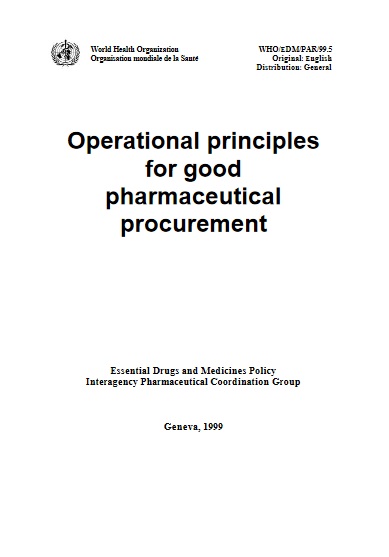
Operational Principles for Good Pharmaceutical Procurement
World Health Organization – Interagency Guidelines
PDF

WHO Model Quality Assurance System for Procurement Agencies (MQAS)
World Health Organization
PDF

Guidance for Procurement of In Vitro Diagnostics and Related Laboratory Items and Equipment
World Health Organization
PDF
For additional reading on procurement systems and principles, the selected practical guidance is proposed:
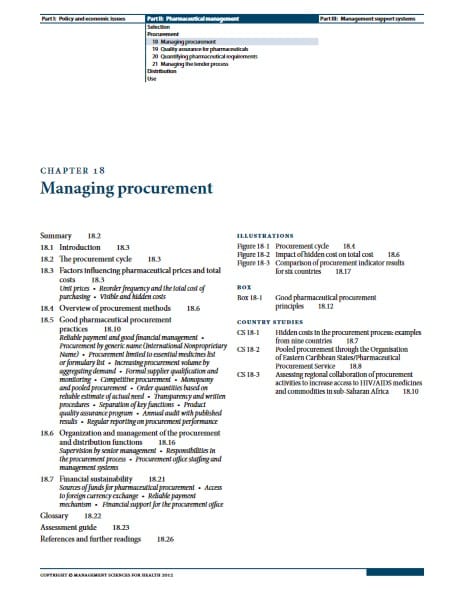
Managing Procurement MDS-3
Management Science for Health. Managing Access to Medicines.
PDF

Health Commodity Procurement
John Snow, Inc. The Supply Chain Manager’s Handbook.
PDF
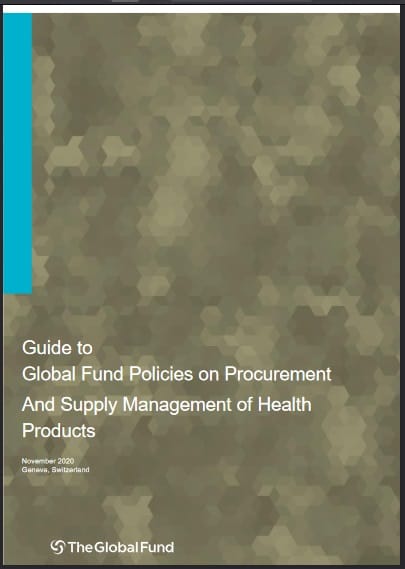
Guide to Global Fund Policies on Procurement and Supply Chain Management of Health Products
The Global Fund principles and standards related to quality assurance of health products are summarized in this booklet.
PDF
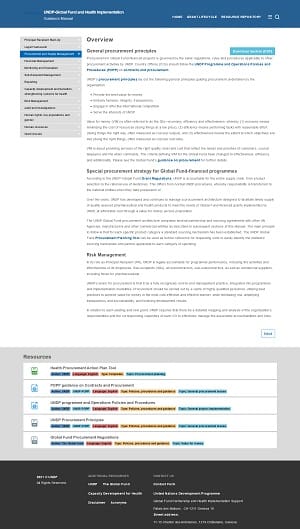
Procurement and Supply Chain Management, UNDP-Global Fund Manual
UNDP staff managing health procurement for the Global Fund supported countries can find more in-depth instructions and procedures in the UNDP-Global Fund/Health Implementation Guidance Manual.
Website
